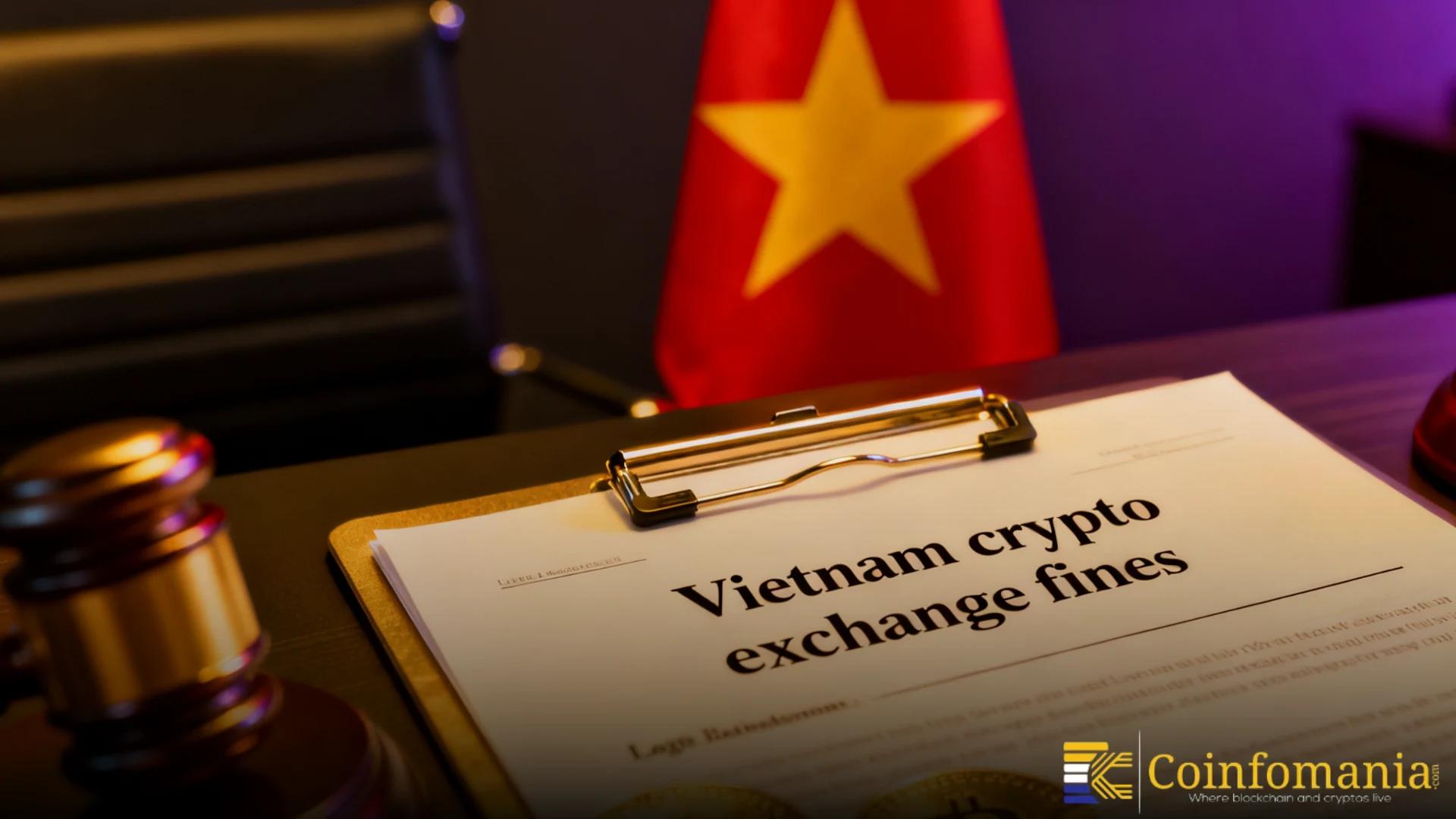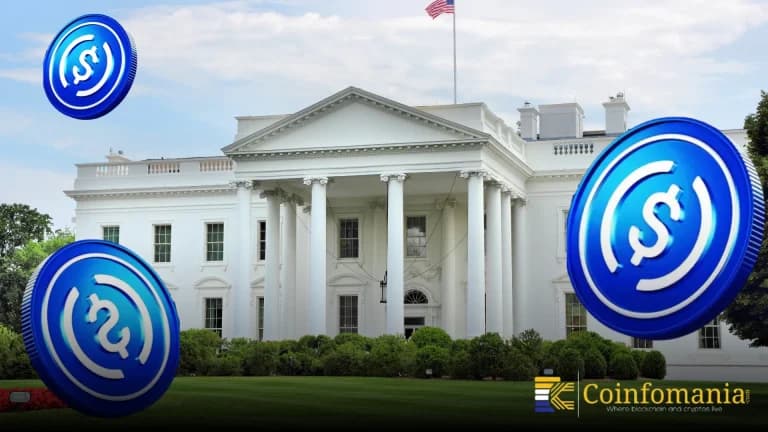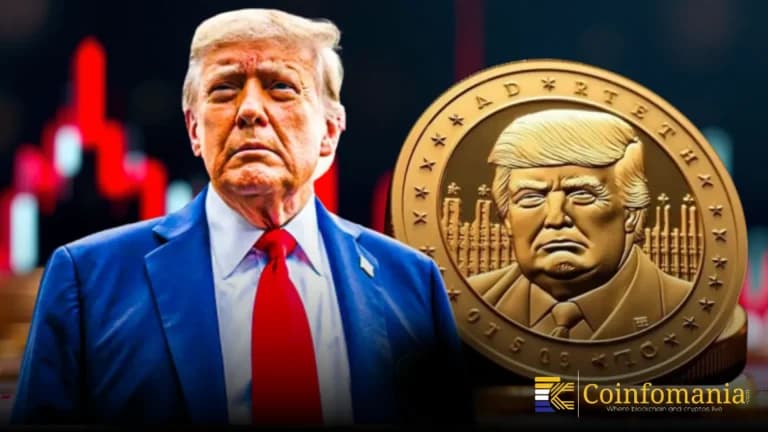Vietnam Plans Penalties on Individuals Using Unlicensed Crypto Exchanges
Vietnam's Ministry of Finance proposed a decree to fine individuals for trading digital assets on platforms without an operating license.

Quick Take
Summary is AI generated, newsroom reviewed.
Vietnam proposed a new draft decree to impose fines on individuals and businesses trading on unlicensed crypto exchanges.
The maximum proposed fine for individuals is 30 million VND ($1,200), and up to 200 million VND ($7,580) for institutions.
This move signals a crackdown on offshore exchanges like Binance and Bybit before any domestic platform is fully licensed.
Once the first of the five planned licenses is granted (expected early 2026), trading on non-authorized venues could face legal action within six months.
Vietnam is tightening its stance on unregulated crypto activity. The country’s Ministry of Finance has released a new draft decree. That proposes fines for individuals and businesses trading digital assets on unlicensed platforms. The proposal is now open for public feedback and signals a major shift toward stricter enforcement.
Under the draft, individuals could face fines of up to 30 million Vietnamese dong, or about $1,200. Institutions could be fined as much as 200 million dong, or roughly $7,580. The government says the goal is to bring order to a fast growing crypto market. That still operates largely outside formal regulation.
Wide Range of Violations Covered Under Draft Rules
The draft decree not only targets unlicensed trading. It also lays out penalties for a wide range of violations across the digital asset sector. These include breaching foreign ownership rules, providing misleading information and failing to report required data to regulators. Heavier penalties would apply to more serious violations.
These include offering products to ineligible investors. Those who fail to meet insurance requirements and hide or omit key disclosures. Service providers that fail to verify customer identities could face fines between 50 million and 70 million dong. The proposal also covers foreign investors. The authorities could fine them up to 100 million dong for violating fund transfer rules or submitting false transaction reports in Vietnam.
Crackdown Comes Before Any Local Exchange Is Licensed
The timing of the proposal is drawing attention. Vietnam is still waiting for its first officially licensed domestic crypto exchange. According to earlier government comments, no local platform has yet met the licensing requirements. The pilot framework limits approvals to five exchanges. Each must meet strict capital rules and hold majority ownership by regulated institutions. The first licenses are expected to arrive in early 2026. Once the first approved platforms go live. Trading outside authorized venues could face legal action within six months.
This puts millions of users in a difficult position. Vietnam is estimated to have around 17 million crypto users. Most of them currently rely on offshore platforms like Binance, Bybit, and MEXC, which operate without local licenses. With Vietnam is recording nearly $100 billion in annual crypto inflows. A large share of that activity could soon face penalties under the new system.
Push for Compliance Signals New Phase for Vietnam’s Crypto Market
The draft decree also places strong focus on compliance. It requires proper KYC checks, tighter advertising rules and stronger Anti-Money Laundering controls. The standards align closely with Global Financial Action Task Force guidelines. This shift suggests Vietnam is preparing for a regulated crypto economy rather than an outright ban.
Authorities appear focused on channeling activity into approved platforms while discouraging gray-market trading. For users, the message is becoming clearer. The era of easy access to unregulated exchanges may be ending. For service providers, the race is now on to meet Vietnam’s strict licensing and compliance rules before enforcement fully begins.
Follow us on Google News
Get the latest crypto insights and updates.
Related Posts

Bithumb Issues Apology and 110% Compensation After BTC Distribution Mistake
Shweta Chakrawarty
Author

White House Reopens Stablecoin Regulation Talks With Major Banks at the Table
Vandit Grover
Author

Trump: Dow 100K by 2029… This Coin Could 20× Sooner
Triparna Baishnab
Author